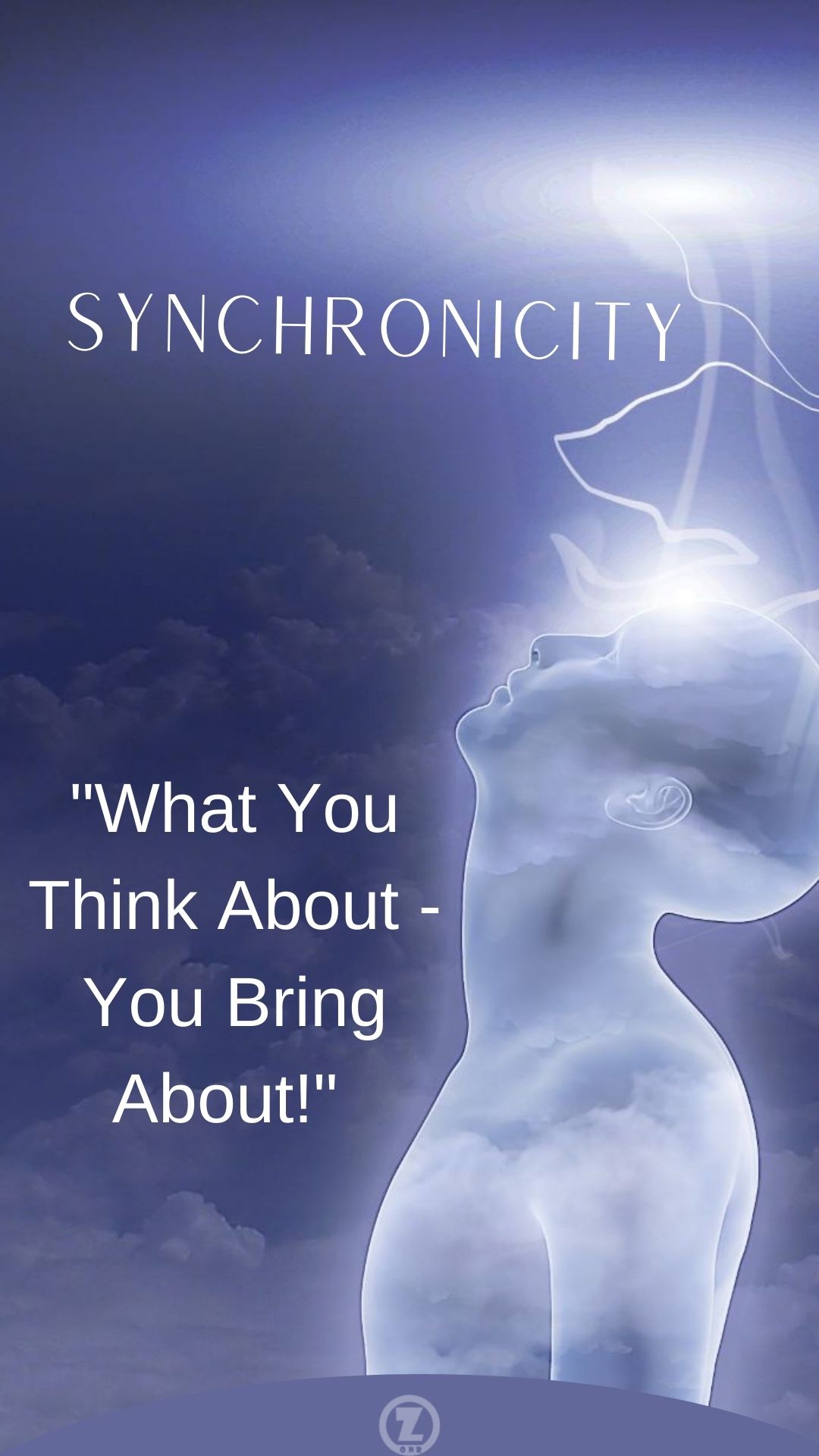BECOMING WHOM WE WANT TO BE –
“We become able
to make wise and lov-
ing decisions, based on
principles and ideals that
have real value in our lives.
By shaping our thoughts
with spiritual ideals, we
are freed to become
who we want to be.”
(How Al-Anon
Works,
p. 56)
THE GLOW –
“S/He has been granted
a gift which amounts to a
new state of consciousness
and being. S/He has been set on
a path which tells him /her is real-
ly going somewhere, that life is
not a dead end, not something
to be endured or mastered.
In a very real sense s/he
has been transform-
ed … .” (12 & 12,
p. 52)
“Synchronicity:
A meaningful coin-
cidence of two or more
events where something
other than the prob-
ability of chance
is involved.”
– Carl Jung (1875 – 1961) Swiss psychologist
How has the axiom, “what you think about, you bring about” ring true for you, lately?
Synchronicity – the Police (live) (2:56)
Bill W. on The Traditions & Carl Jung (10:13)
Manifest What You Really Want NOW (9:59)
Carl Jung About Synchronicity. – Truth Inside Of You
One of Jung‘s favourite quotes on synchronicity was from Through the Looking-Glass by Lewis Carroll, in which the White Queen says to Alice: “It’s a poor sort of memory that only works backwards”.
According to Occam’s razor, positing an underlying mechanism for meaningfully interpreted correlations is an unsupported explanation for a “meaningful coincidence” if the correlations may alternatively be explained by simple coincidence. The amount of meaningful coincidence which one expects by random chance is higher than most people’s intuition would lead them to believe, an observation known as Littlewood’s Law. Jung and followers believe that synchronous events such as simultaneous discovery happen far more often than random chance would allow, even after accounting for the sampling bias inherent in the fact that meaningful coincidences are noticeable while meaningless coincidences are not.
In psychology and cognitive science, confirmation bias is the tendency to search for or interpret new information in a way that confirms one’s preconceptions and avoids information and interpretations which contradict prior beliefs. Many critics believe that any evidence for synchronicity is due to confirmation bias, and nothing else.
On Confirmation Bias:
Wolfgang Pauli, a scientist who in his professional life was severely critical of confirmation bias, lent his scientific credibility to support the theory, coauthoring a paper with Jung on the subject. Some of the evidence that Pauli cited was that ideas which occurred in his dreams would have synchronous analogs in later correspondence with distant collaborators
r beliefs. Many critics believe that any evidence for synchronicity is due to confirmation bias, and nothing else.
Wolfgang Pauli, a scientist who in his professional life was severely critical of confirmation bias, lent his scientific credibility to support the theory. Pauli coauthored a paper with Jung on the subject. Some of the evidence that Pauli cited was that ideas which occurred in his dreams would have synchronous analogs in later correspondence with distant collaborators.”



I am still not so sure about the degree to which I can manifest or bring about my own future. But what I do know and have seen is that the more clear my vision for what I want to achieve is … the more things seem to fall into place.
A motto that I always use with my clients is “what you think about grows.” If we only ruminate about the “what if’s” in life, then we are not taking action. I always vote for action, and because of this I bring into existence the dynamics I need for success and contentment.
I just watched that same video again not realizing that it had been almost one year since I last saw it. I notice I am still sick enough to want to race to the finish line: first one to enlightment wins! How very ironic that I still see spiritual growth as a race; I am still comparing my insides against your outsides. Thank God the slogan is progress not perfection.
Clarity of vision has always been important for me. When I’m really clear and can see an outcome that feels aligned with God’s grace, success seems to follow. One thing is certain, the clearer I am about what I want the more I feel engaged with my desire to persevere.
I saw a documentary last night on what it takes to be happy. Some very poor people considered themselves to be very happy. They had a home, a family, an extended family, food, the bare necessities. By contrast, some people who were working very hard (too hard) were literally working themselves to death to acquire more, more, more material goods for their families. Today, I know I want more leisure – to be of service, to spend time with my family, to read, pray, meditate, get closer to my Higher Power. Happiness is mine when I walk under the care and protection of a loving Higher Power.